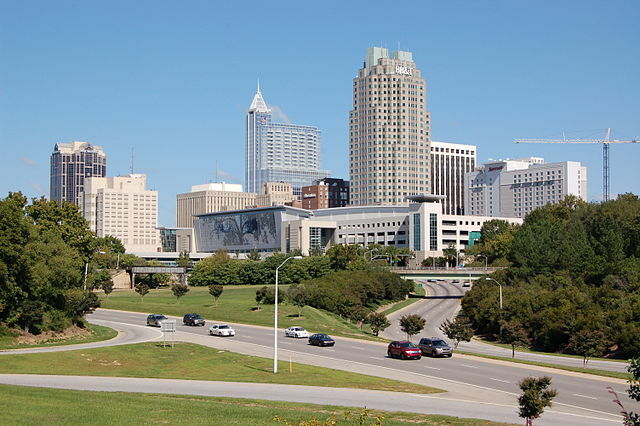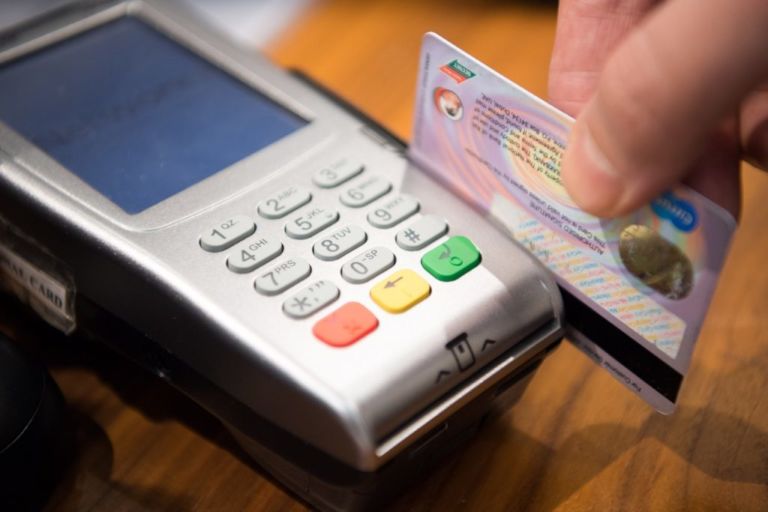Dominic Pino of National Review Online reminds us about the American economy’s strengths.
Does the U.S. economy have problems? Absolutely. It always has, and it always will. There’s always room for improvement, and policy-makers have plenty of work to do.
It still remains true that despite those problems, the U.S. economy significantly outperforms its peers. That’s the subject of the Economist’s most recent cover story. The British paper doesn’t have a dog in the U.S. domestic partisan fight, and it steps back to admire what the U.S. economy has done.
Here are some of the facts the piece points out:
*In 1990, the U.S. share of the G7’s GDP (the U.S., U.K., Canada, France, Germany, Italy, and Japan) was 40 percent. Today, it’s up to 58 percent.
*In 1990, the U.S. share of world GDP was about 25 percent. Today, despite China’s rise and Japan’s fall, it remains about the same.
*By purchasing-power parity, only petrostates and small countries with financial hubs have higher average incomes than the U.S.
*And the U.S. is still pulling away: Average income growth in the U.S. is higher than in Europe or Japan.
*The poorest U.S. state, Mississippi, has a higher average income than France. …
… The piece notes challenges with labor-force participation, drug overdoses, and middle-class income rising slower than upper- and lower-class incomes. Another problem it doesn’t mention is the federal government’s looming fiscal disaster and politicians’ unwillingness to spend responsibly.
But for most people, there’s no economy better than America’s. Zooming out from day-to-day politics, it’s clear that the U.S. free-market system is doing something right. America’s more managed peers in Europe and Japan just aren’t doing as well. The Economist points to how easy it is to start a business in the U.S. — and how easy it is to work through bankruptcy and try again. It also points to something the Founders gave us: a massive common market between the states.


